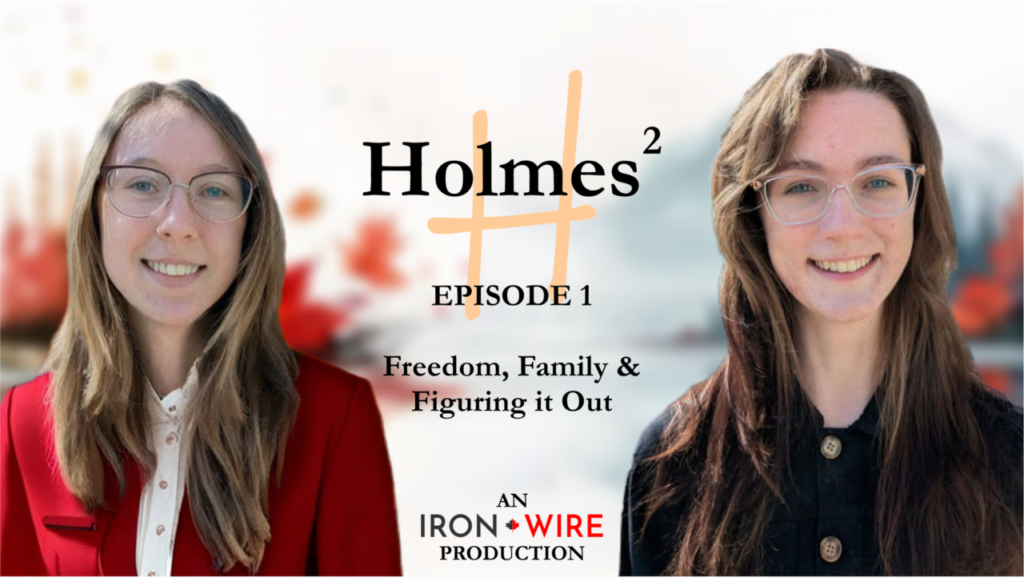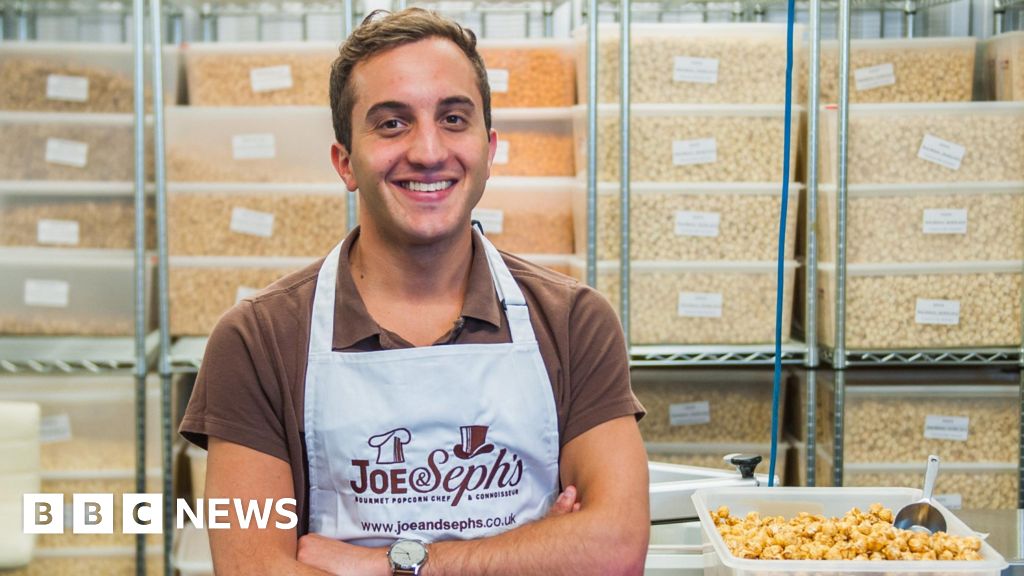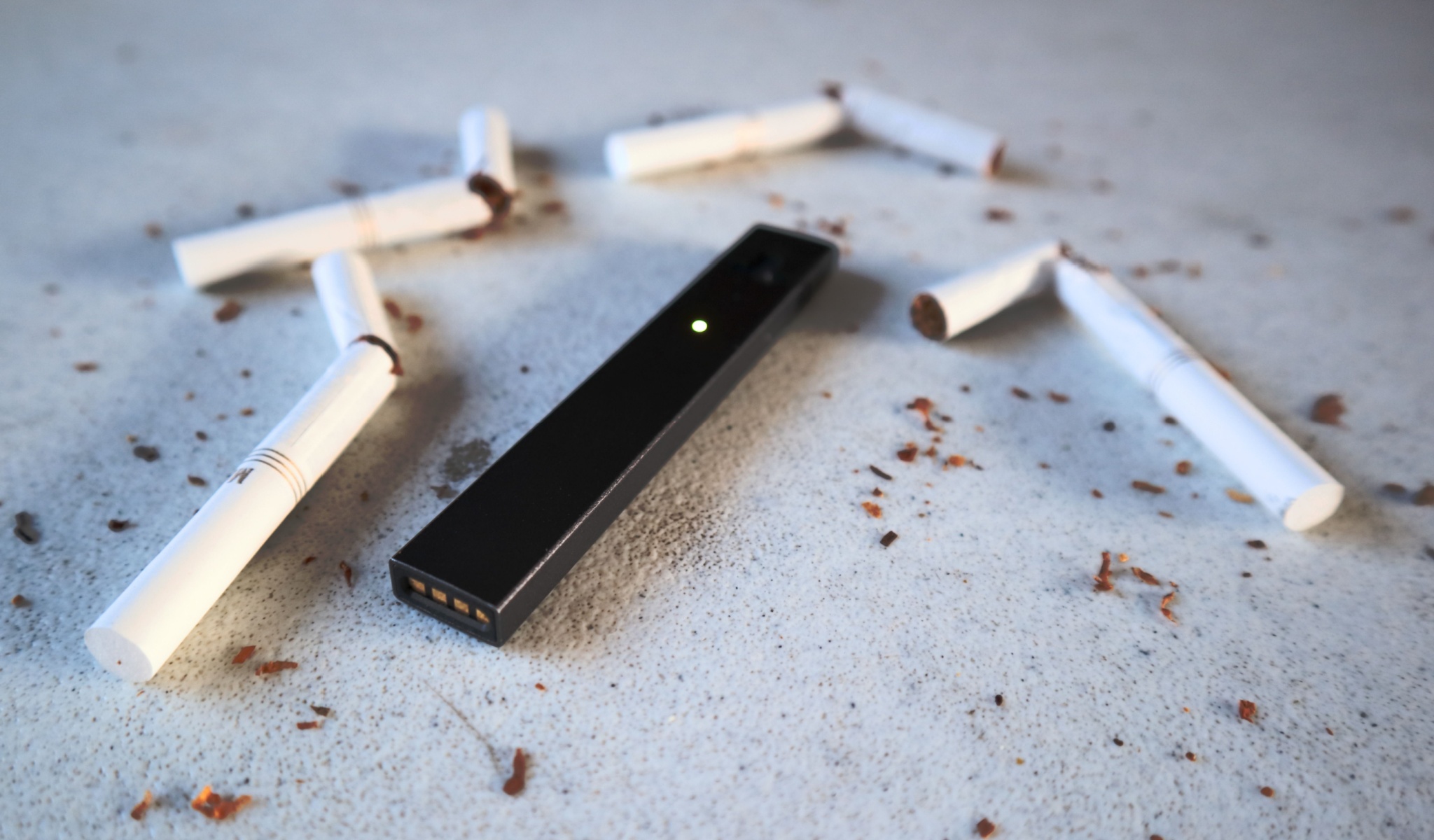Two Louisiana Infants Die of Whooping Cough Amid Drop in Vaccinations + More
Source: Children’s Health Defense
Two Louisiana Infants Die of Whooping Cough Amid Drop in Vaccinations
U.S. News & World Report reported:
Health experts are warning that whooping cough, also known as pertussis, is making a dangerous comeback. Cases are rising across the country, and Louisiana recently reported that two infants have died — the state’s first deaths from the illness since 2018.
“For infants, it’s really rather terrifying,” Dr. John Schieffelin, an associate professor of pediatrics at Tulane University, told CNN. “They’re just coughing so much, they can’t eat, they can’t drink, and they often get a pneumonia, which means we have to put them on a ventilator. They just never stop coughing.”
So far this year, Louisiana has reported 110 cases of pertussis. That’s close to the 154 total cases reported for all of 2024, CNN reported. The U.S. saw more than 35,000 cases last year — the most in over 10 years. Ten people also died, including six babies under one year old, according to data from the U.S. Centers for Disease Control and Prevention (CDC).
Experts say that low vaccination rates and fading immunity are driving the surge.
“When you start to see these outbreaks…it tends to be as a result of that increased circulation of the microbe in the community, as well as populations with no immunity or reduced immunity that are susceptible to the infection,” Lisa Morici, a professor of microbiology and immunology at the Tulane University School of Medicine, told CNN.
Children should get the diphtheria-tetanus-pertussis, or DTaP, vaccine at two, four, six and 15-18 months, and again at four to six years of age. A booster (Tdap) is recommended at age 11 or 12, and again every 10 years for adults, according to the CDC. Pregnant women are urged to get the Tdap vaccine during their third trimester. This helps protect babies too young to get vaccinated, according to the CDC.
Why Are Childhood Vaccination Rates So Low in This California County?
Sutter County in Northern California has the lowest vaccination rates among transitional kindergarten and kindergarten students in the state, according to new data from the California Department of Public Health. Only 73% of Sutter County kindergarten students were up to date on their childhood vaccinations in the 2023–24 school year, versus a state average of 93.7%.
Data reported by the Los Angeles Times shows that Sutter is one of 16 California counties where it seems young students no longer have herd immunity against measles, a highly contagious disease. Stats show that fewer than 76% of Sutter County kindergarten students received the measles, mumps and rubella (MMR) vaccine last year, nearly 20 percentage points down from the generally accepted figure of 95% for herd immunity.
As vaccination rates improved overall in surrounding counties in the past decade, they have plummeted in Sutter County. In the 2014–15 school year, around 90% of kindergartners were up-to-date on their vaccinations.
FDA Misses Approval Deadline for Novavax’s COVID-19 Vaccine
The Food and Drug Administration (FDA) review deadline for Novavax’s COVID-19 vaccine has come and gone without a decision amid a major organizational shakeup that has already resulted in the resignation of the nation’s top vaccine regulator.
Novavax’s shot in 2022 was granted an emergency use authorization, a special approval handed out during a public health emergency. By April 1, however, the agency was scheduled to decide whether to convert that clearance to the type of standard approval already given to rival COVID-19 vaccine makers Pfizer and Moderna.
In a short Wednesday statement, though, Novavax said that the deadline had passed without any word from the FDA, despite the fact that the company believes it’s responded to all of the agency’s requests and that its application is “ready for approval.”
“As of today, we continue to wait on action from the agency and have not yet received an official decision,” Novavax said, adding that its application included “robust Phase 3 clinical trial data” showing its vaccine could safely and effectively prevent COVID-19.
Researchers Develop Nasal Spray H5N1 Avian Influenza Vaccine
The State Key Laboratory for Emerging Infectious Diseases at the University of Hong Kong and the InnoHK Center for Virology, Vaccinology and Therapeutics have pioneered an influenza virus vector-based nasal spray vaccine platform and developed a nasal spray H5N1 avian influenza vaccine. The study is published in Nature Communications.
During the early COVID-19 pandemic, this platform enabled the rapid development of a nasal spray vaccine in collaboration with mainland China’s Wantai BioPharm. After completing Phase 1–3 clinical trials, it was approved in 2022 as the world’s first nasal spray COVID-19 vaccine.
The world has just emerged from the COVID-19 pandemic, with vivid memories of the devastating impacts of the SARS-CoV-2 virus on human health, economies, and social stability in recent years. Although SARS-CoV-2 has gradually evolved into a seasonal respiratory virus, new pandemics are inevitable. The World Health Organization and many nations have already begun preparations to address potential future pandemics caused by “Disease X.”
FDA Approves Freeze-Dried Version of Jynneos Mpox Vaccine
On March 31, the U.S. Food and Drug Administration (FDA) approved a freeze-dried formulation of Bavarian Nordic’s mpox vaccine, Jynneos, which can also be used to prevent smallpox. As with the frozen liquid version that is already FDA-approved, the freeze-dried version can be used in adults.
The FDA approval follows a standard FDA review of a supplemental Biologics License Application (sBLA) that Bavarian Nordic submitted in May 2024. The sBLA was primarily based on clinical data that showed comparable immune responses and safety between the freeze-dried and frozen liquid formulations, as well as additional nonclinical and manufacturing data.
“This approval will provide additional flexibility for stockpiling against a smallpox event or mpox outbreak,” the company said in a news release. The freeze-dried Jynneos version will be easier to store and transport, and will have a longer shelf life than the frozen liquid version that has been used extensively since 2022, when an outbreak caused by the clade 2 strain of the virus traversed the globe, hitting men who have sex with men especially hard.
The original Jynneos vaccine requires specific cold-chain storage and transportation. It was approved in September 2019. “Today’s FDA approval represents a significant milestone in our development of this next generation of Jynneos and in our collaborative efforts with the U.S. government to strengthen public health security.” said Paul Chaplin, PhD, president and CEO of Bavarian Nordic.
European Commission Approves Pfizer’s RSV Vaccine ABRYSVO to Help Protect Adults Aged 18-59 Against RSV Lower Respiratory Tract Disease
Pfizer Inc. announced today that the European Commission has issued a decision amending the marketing authorization for ABRYSVO, the company’s bivalent respiratory syncytial virus (RSV) prefusion F vaccine, to extend the indication to include prevention of lower respiratory tract disease (LRTD) caused by RSV in individuals 18 through 59 years of age.
This expands the previous authorization for individuals aged 60 and older, and ABRYSVO now offers in the EU the broadest RSV vaccine indication, which includes:
-
- Active immunization of individuals 18 years of age and older for the prevention of LRTD caused by RSV
- Passive protection against lower respiratory tract disease (LRTD) caused by RSV in infants from birth through 6 months of age following maternal immunization during pregnancy
“We are thrilled that ABRYSVO is now approved in the EU to help prevent RSV in adults aged 18 and older, which causes approximately 158,000 adult hospital admissions annually from RSV disease, a common respiratory virus with symptoms that can be severe or even life-threatening,” said Alexandre de Germay, Chief International Commercial Officer, Executive Vice President, Pfizer.













